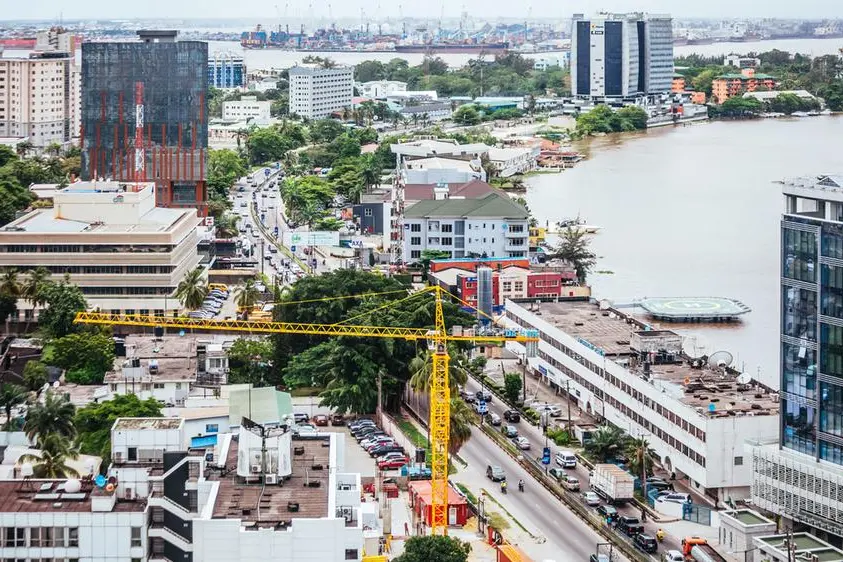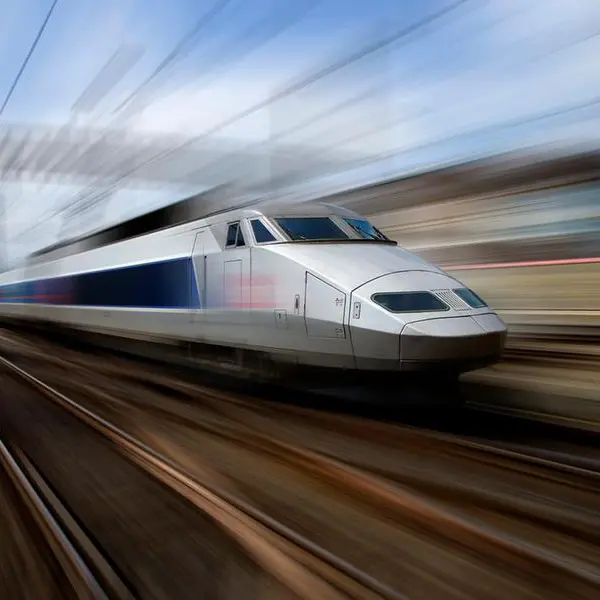PHOTO
The Executive Secretary/Ceo of the Nigerian Shippers Council, Barrister Pius Akutah, recently marked one year in office since his appointment. In this interview with select maritime journalists, he speaks on the target of the Council going into his second year in office.
THE last one year has been challenging. Can you tell Nigerians what to expect in the next one year?
Nigerian Shippers’ Council, under my watch in the last one year, we have tried to see how we can move this sector forward with the support of every one of you here seated, in various ways. You will recall one of the major things that we have done so far is the Nigerian Port Economic Regulatory Agency Bill, which all of you participated in during the public hearing, and identified that it was one noble objective that we needed to push forward, to bring about the efficiency of this sector that has eluded us over the years.
That Bill has been passed by the House of Representatives, and is before the Senate now for concurrence. By the grace of God, I believe that in a few weeks coming ahead, the Senate would have given its concurrence for that Bill, and we will then await the assent of Mr. President. I believe that the Bill is one of the major initiatives that Mr. President is taking to reposition this sector towards economic growth, economic boom, for job creation, and many other sectoral achievements that will come following the passage of that law.
I want to believe that all of us that gave support to this Bill understand that the law is coming into being to reposition the industry in terms of what is happening globally concerning trade and commerce, and even within the African territory. We know that today we live under the African Free Continental Trade Area Agreement, which has opened the African market to over a billion people, actually over 1.5 billion people, with a combined fee of over $4 trillion. Nigeria must position itself to take a chunk of that economy and develop our market.
We cannot leave our markets open for other countries to play within this economy without us having anything to do about that. So we are looking at our renewed collaboration with all stakeholders, other government agencies and partners who are involved in one way or the other in trade facilitation. We are also looking at how to develop the manufacturing sector so that goods can come out of the Nigerian economy to be exported into other African countries.
The Nigerian Shippers’ Council is also looking at the shipping services, because the shipping sub-sector of this economy is one of the most crucial. Our ports can do nothing if we don’t have ships coming to our ports. We take the partnership we have with the shipping companies as one of the most crucial partnerships to develop trade and boost our economy.
If you look at what is happening in the implementation of the African Free Continental Trade Area Agreement, one of the focus and one of the areas of failure, if we don’t act very fast, would be the issue of maritime logistics, because you will see that right now, connectivity within the African region is a major challenge. How will goods move within Africa if we don’t promote the connectivity, the intermodal system of transportation to be able to move goods freely? Granted that we have boosted our manufacturing sector and we have goods that are manufactured from Nigeria, we have done everything within the ambit of the law to be able to export. How do we move the goods if we do not take the shipping sub-sector as one of the most important and most crucial elements in the implementation of this agreement? Today you know that goods leaving the shores of any African country may most likely end up in Europe before they begin to route themselves back, and that takes a long time.
And because of that, we know that the cost of logistics is so high, thereby increasing the cost of doing business within the maritime sector. We are looking at how we can partner with mega shipping companies around the world to pay attention to the facilities that are being developed in Nigeria by other major shipping companies and terminal operators in Nigeria so that we can begin to think of how we can make Nigeria a maritime logistics hub for Africa. This is one major concern that we are going to be moving into in the next one year.
We have already started meeting with other companies and we will continue that. We have extracted some commitments from some companies who are willing to toe that line with us and see how we can achieve that within the next one year. We believe that some of the investment opportunities that are open in this sector are so enormous that even the players that are already in this economy playing at the moment should be encouraged to bring in more investment.
If you have invested a billion dollars, make it two billion, make it three billion in the next one year, and we guarantee you that your investments will not be in vain. As the Port Economic Regulator, our concern generally is to ensure that your investments yield profits. We will ensure that working together, we build the necessary infrastructure in maritime logistics, which is one of the major areas that we are focusing on now, to ensure that goods are moving? We understand that transshipment of goods between Nigeria and other African countries, even countries in the hinterland, can be possible with the infrastructure that we have developed already in the country today, using Apapa or Onne port.
We can do that. So we need to encourage ourselves on pooling resources that cannot only help us to look inwards, but also look at partnering with other entities outside the country so that they can come together in a collaborative manner to set up this hub in Nigeria. It is one major challenge that trade growth and trade volumes within the confines of that agreement will suffer if we do not do anything very quickly to avert that.
The NSC recently midwifed the signing into law of a minimum wage standard for the shipping sector. What’s the latest on that achievement?
In the course of the last one year, one of the achievements is the negotiation and signing of a minimum standard for entry and exit level in the shipping sub-sector of the economy. This is being implemented as we speak and we believe that we will continue to monitor the implementation of that standard so that when we have a sector that is free from acrimony, free from all the disturbances that have always hampered our growth, we will ensure that whatever is coming out of that agreement also translates into the quality of work that is being put in by the workers and that the employers also enjoy the benefit of that agreement to the fullest.
We encourage all parties to that agreement to keep to it faithfully and ensure that it is being implemented. And I must say that the President of Nigeria, indeed the Minister of Marine and Blue Economy and Mr. President, were very, very elated to hear the news of that agreement being signed. It is one of the major steps in the right direction in terms of the new policies of the renewed agenda of Mr. President to push forward the growth of the economy from this sector. We are looking forward to the gains that will come as a result of that agreement as quickly as possible.
How has the NSC fared vis-à-vis stakeholder’s engagement in the last one year?
The Nigerian Shippers’ Council has taken so many stakeholders’ engagements over the course of the last one year, and in the course of this stakeholder engagement, we realized that we need to continue to engage with each other because of the gains that have come from those engagements. We were in Kano recently for one of those engagements, and we assisted someone who was about to lose $70,000 in a trade deal that was not properly handled. Based on our in-house conflict resolution mechanism, that was resolved within 48 hours. So we can see that these engagements will produce positive results if we continue to engage.
And it is from these engagements that we also have some factors to take back home to improve the quality of work that we do out there, so that at the end of the day, we’ll be at the same page with our stakeholders all the time. So going forward, we will be increasing the level of stakeholder engagements that we are going to have in the coming one year.
The Nigerian Shippers’ Council has also operated a program for our mid-term planning program for the last three years. This has come to an end. In the next one year, once we have our top management meeting, we’re having a new five-year program that will come up to project our activities in the next five years, and that will focus majorly on what we’ll be doing as Port Economic Regulator in terms of facilitating trade and ensuring that business investments in this sector grow to a maximum of over $10 billion. We have already started talking to some stakeholders who are on the same page with us.
The other day, we were again honoured to commission the upgrade of the APM Terminals, and that was an investment of about $105 million. When we engaged the management of APM Terminals, they were already on course to invest another $2 million in the course of the next one year, and we believe that this will continue to go on and on, and other stakeholders will also go on in that direction. So we are happy that when that program comes, it will also conform or coincide with the passage of our law when it comes into force.
Copyright © 2022 Nigerian Tribune Provided by SyndiGate Media Inc. (Syndigate.info).





















